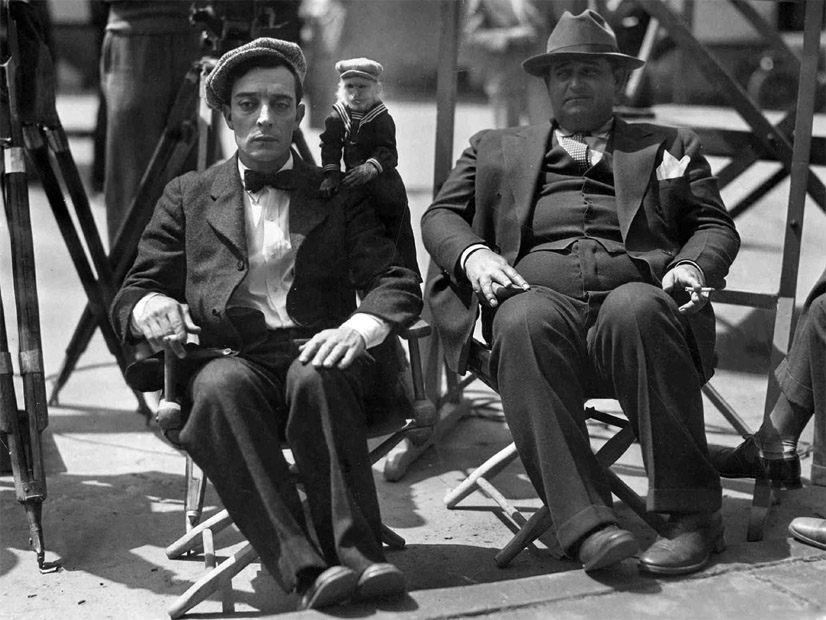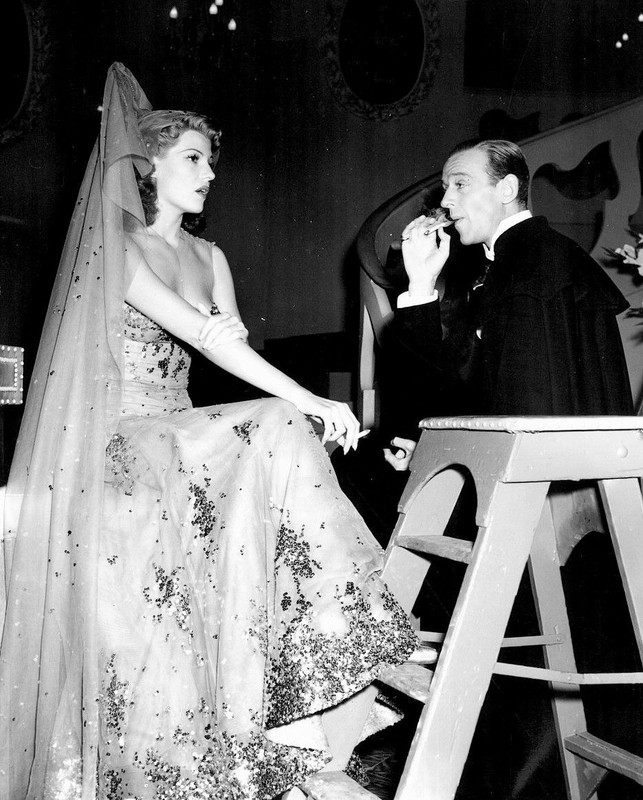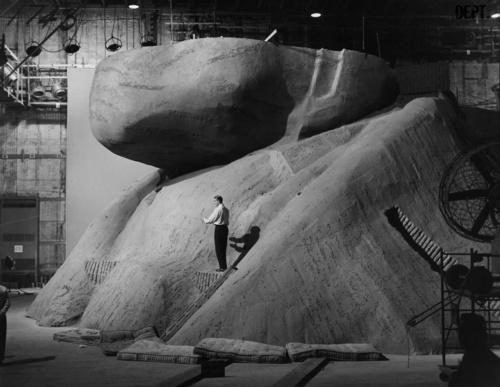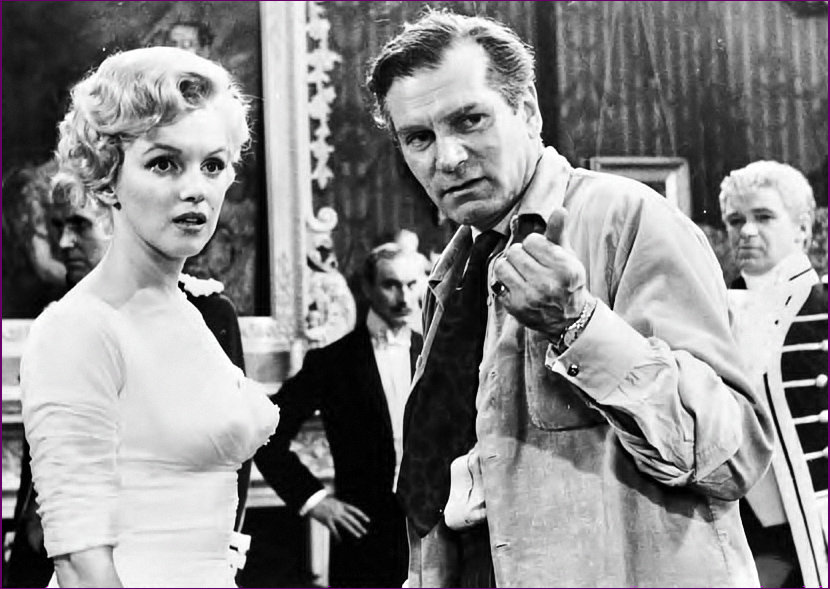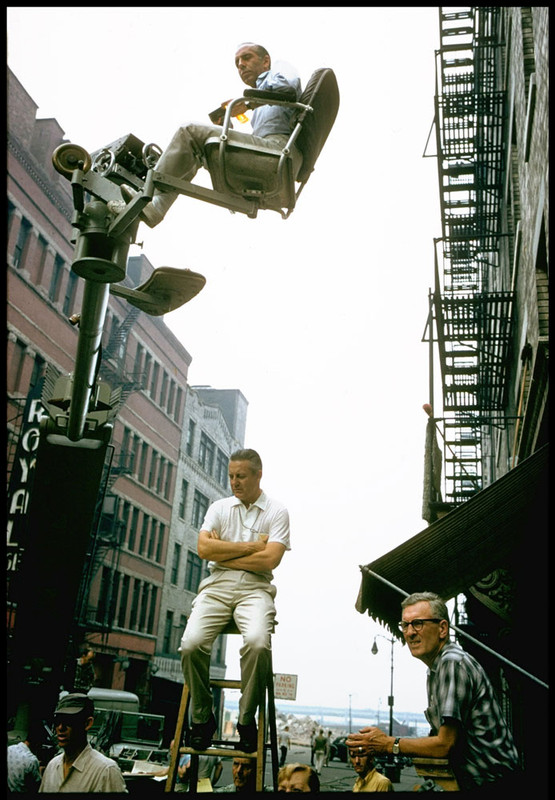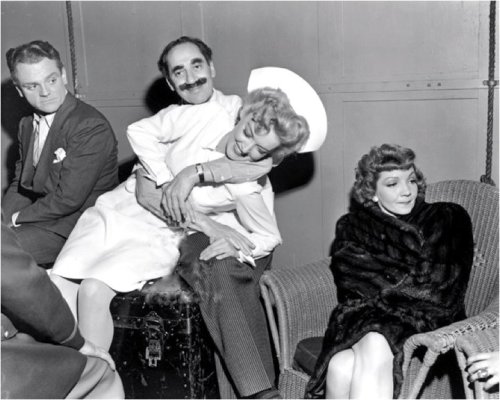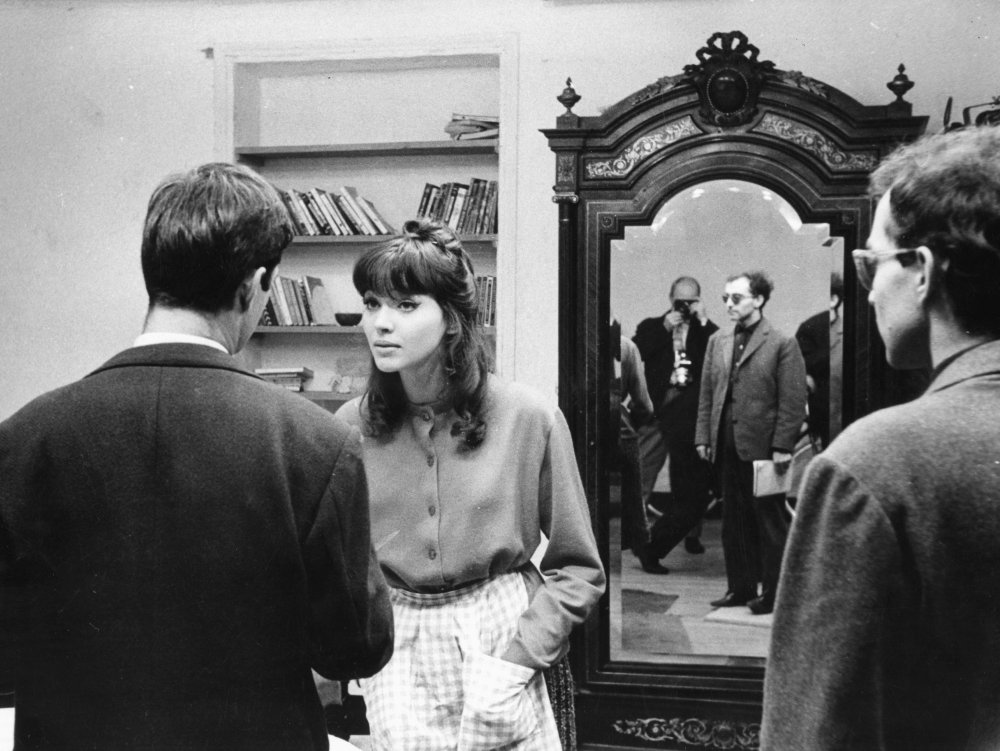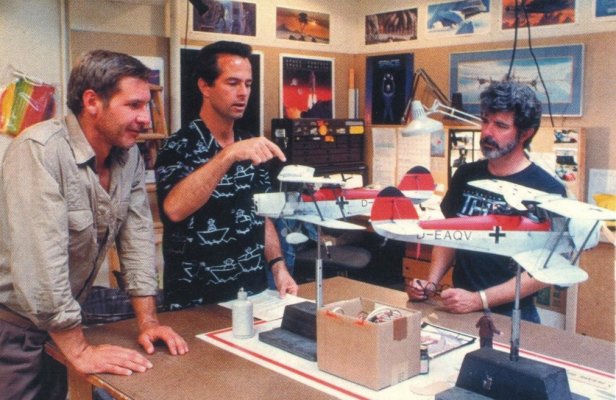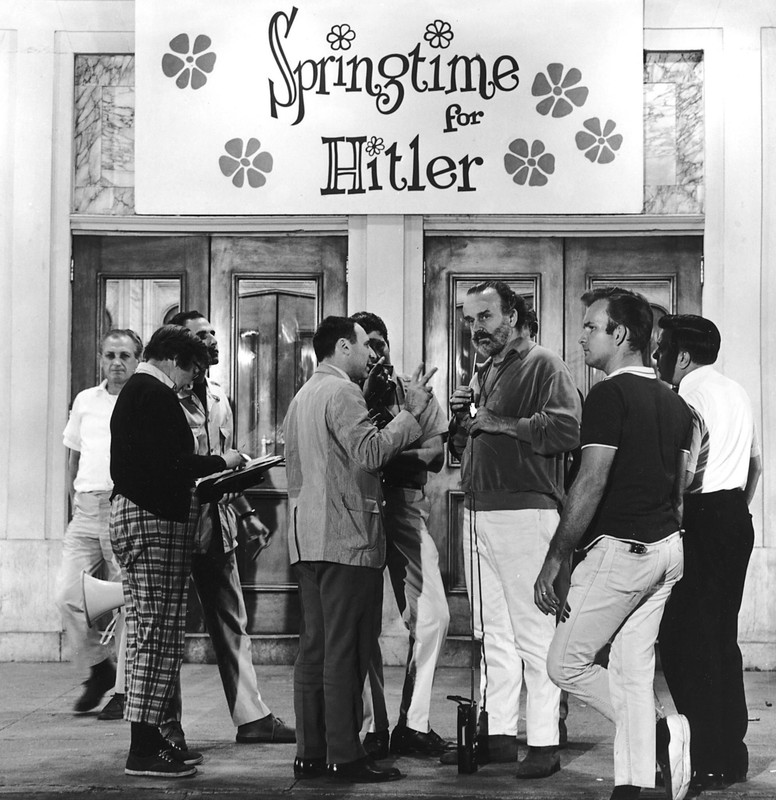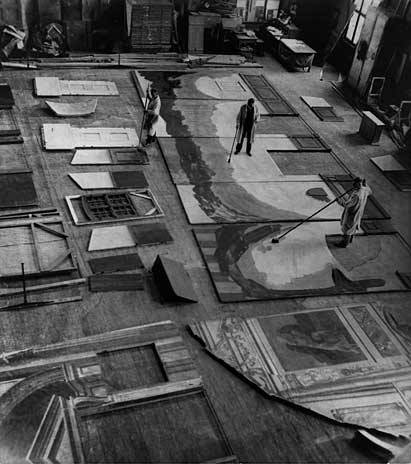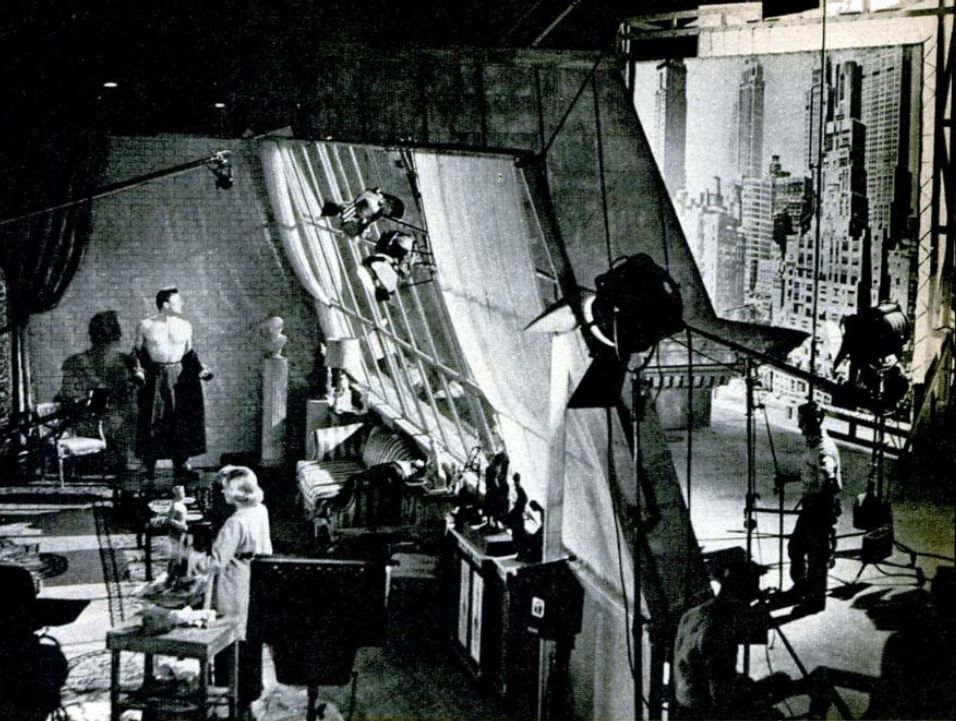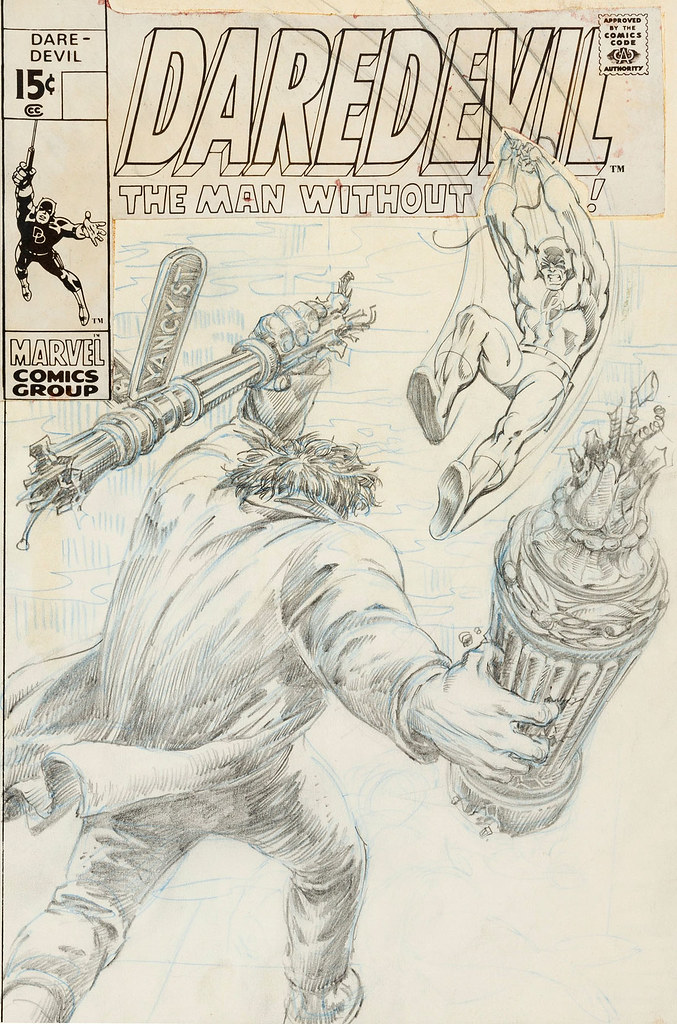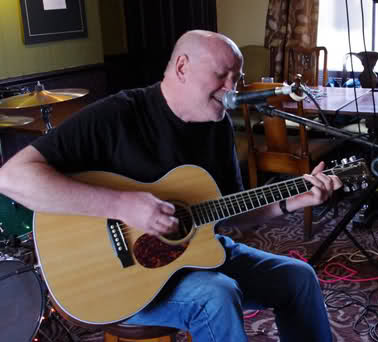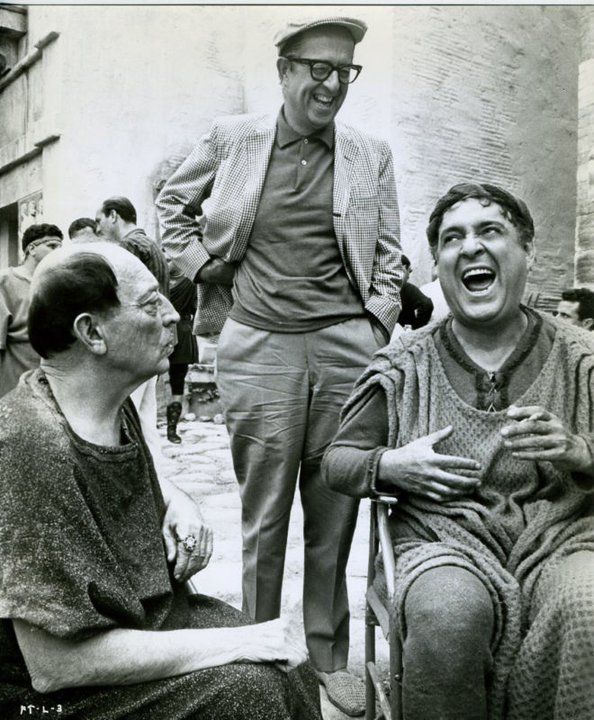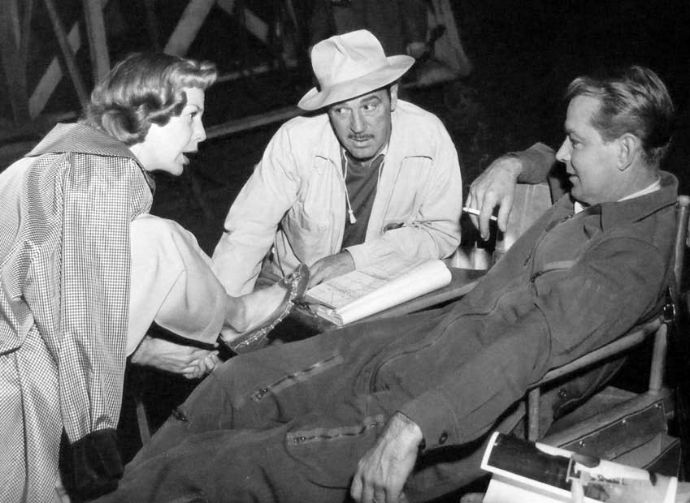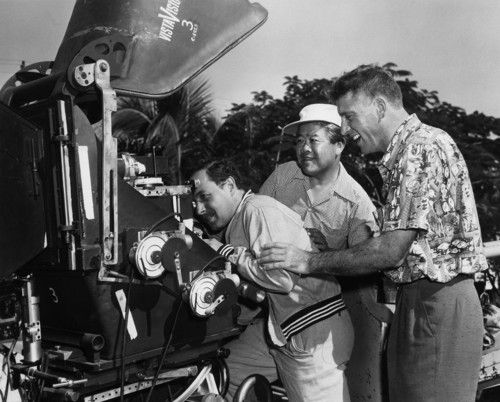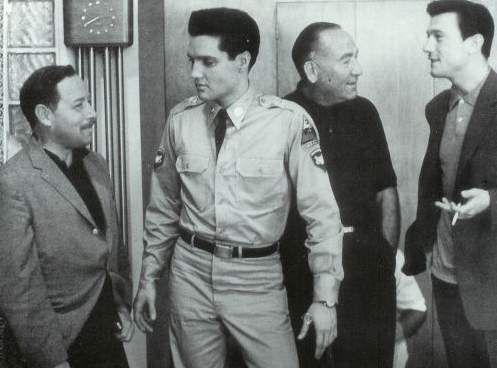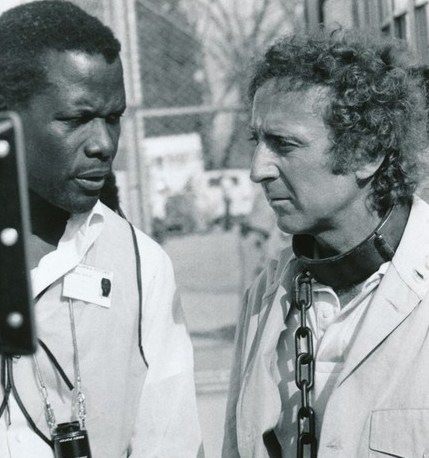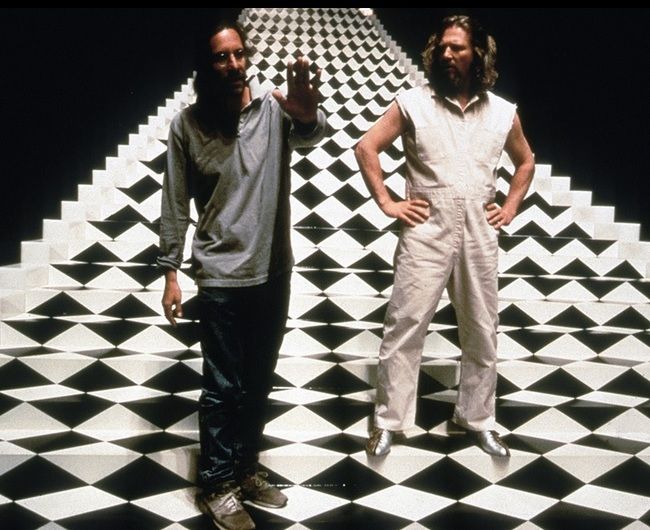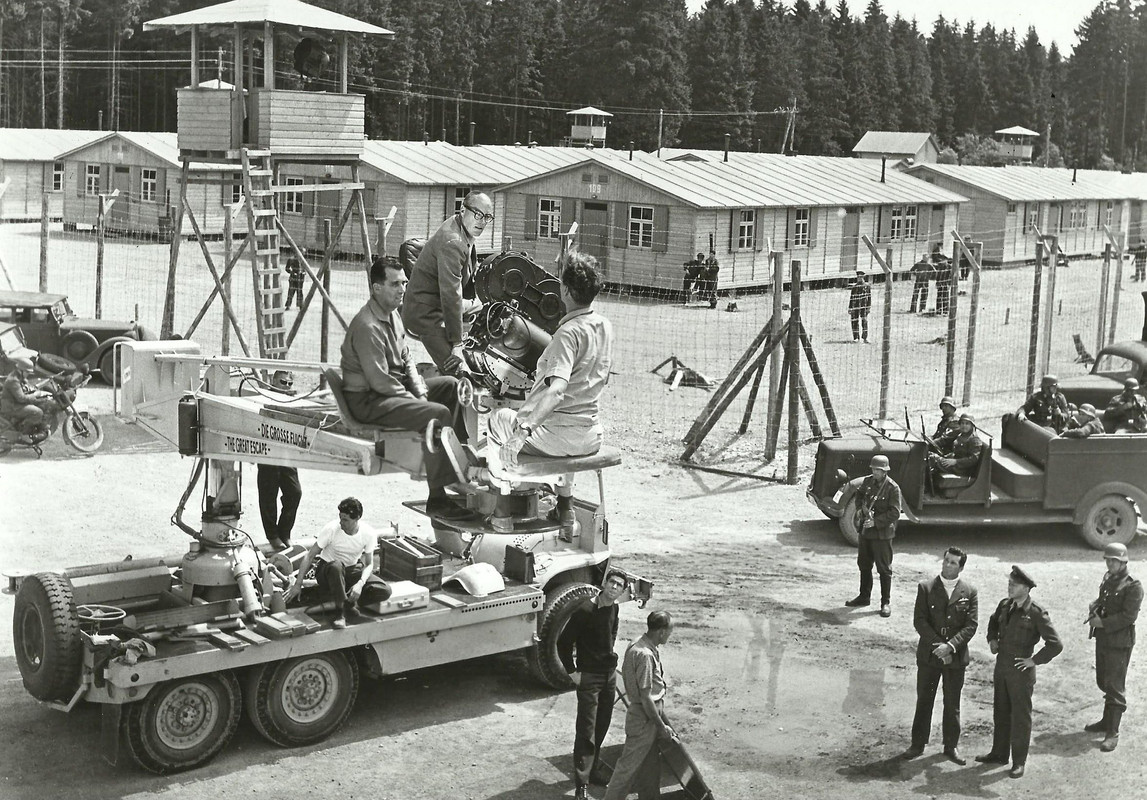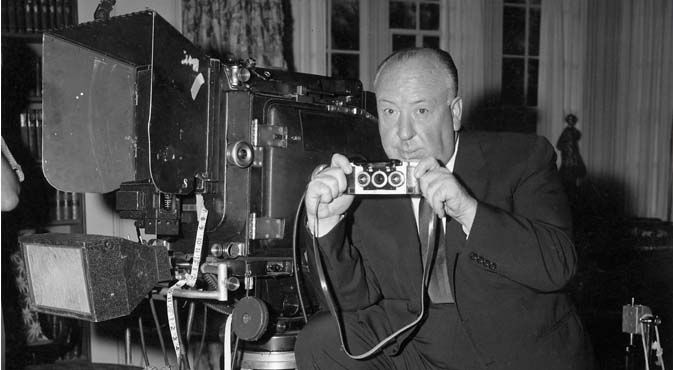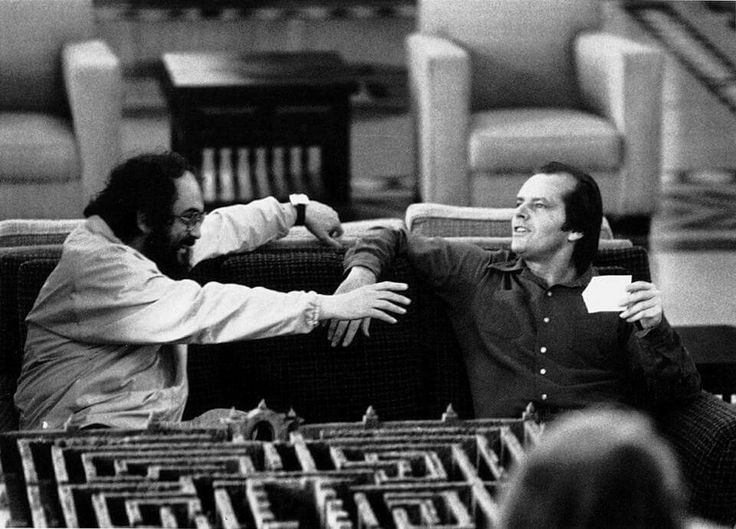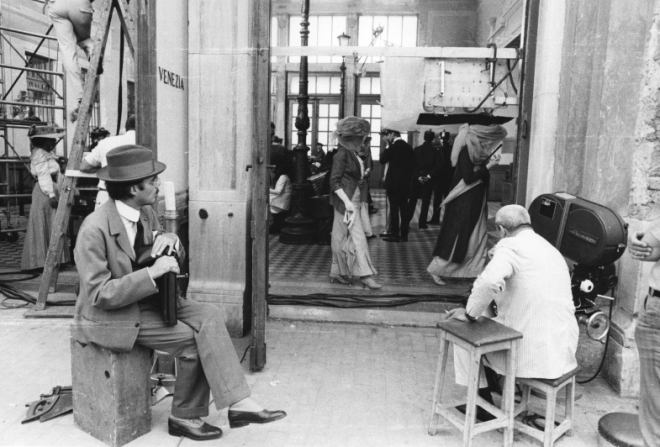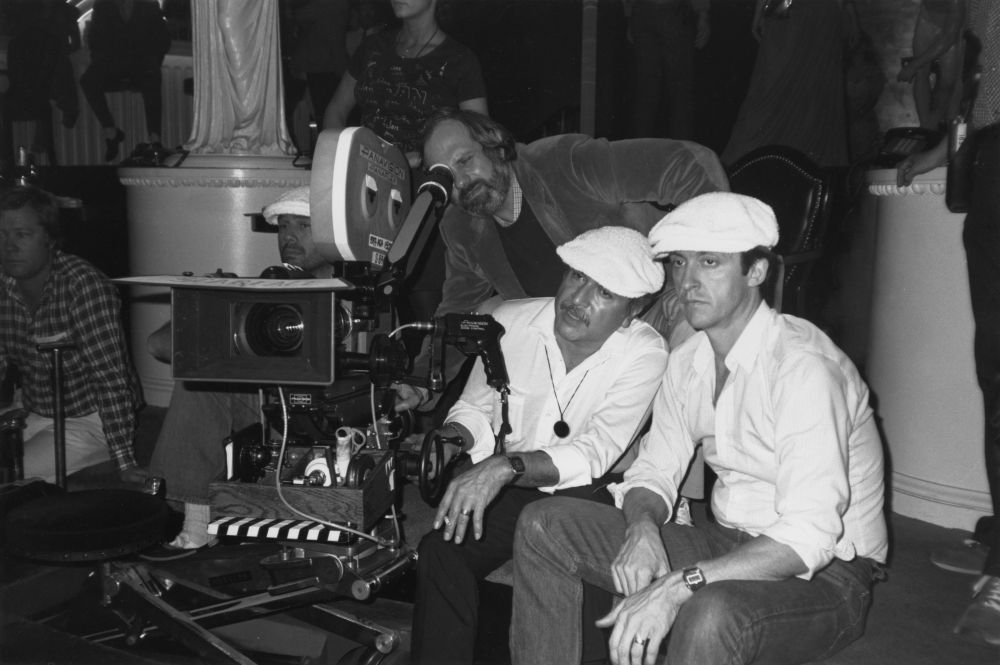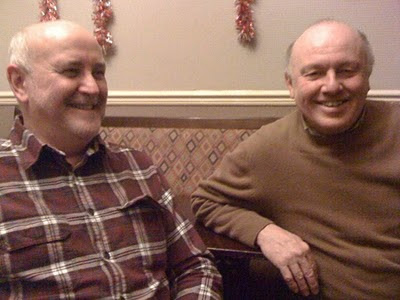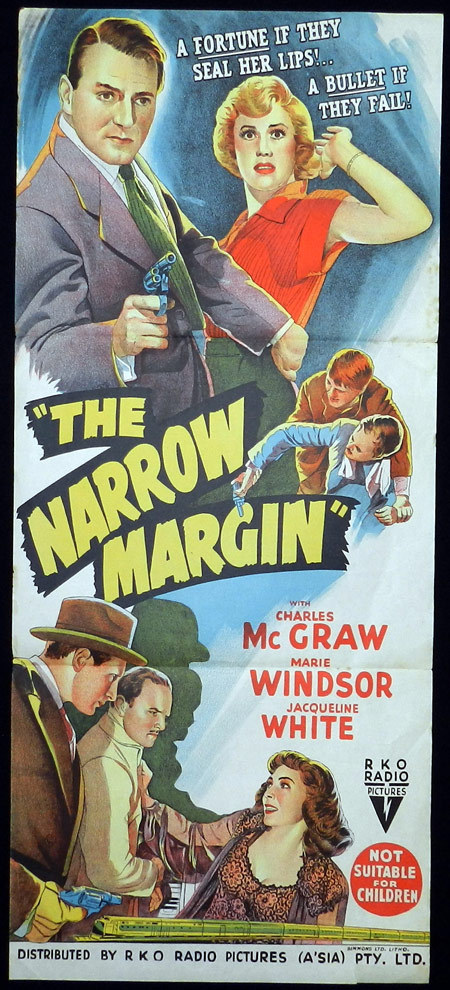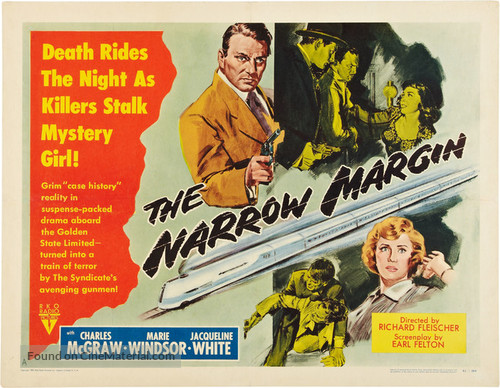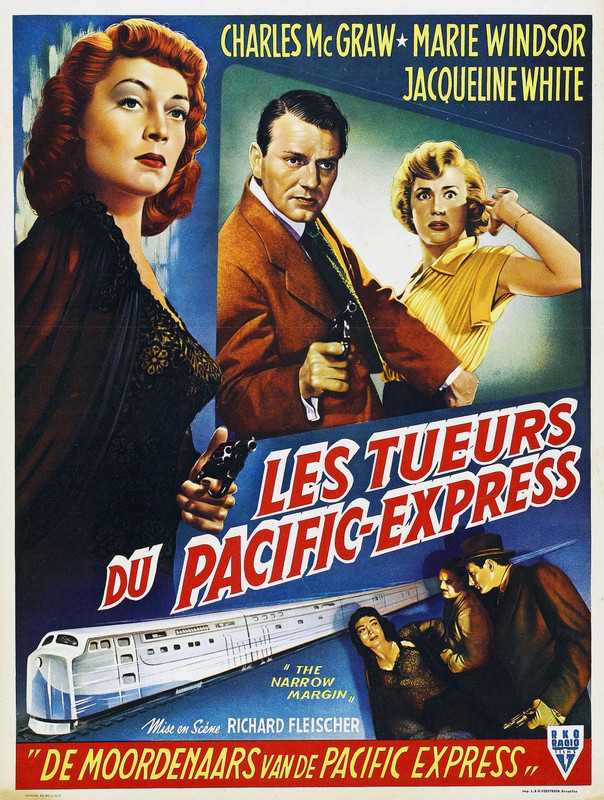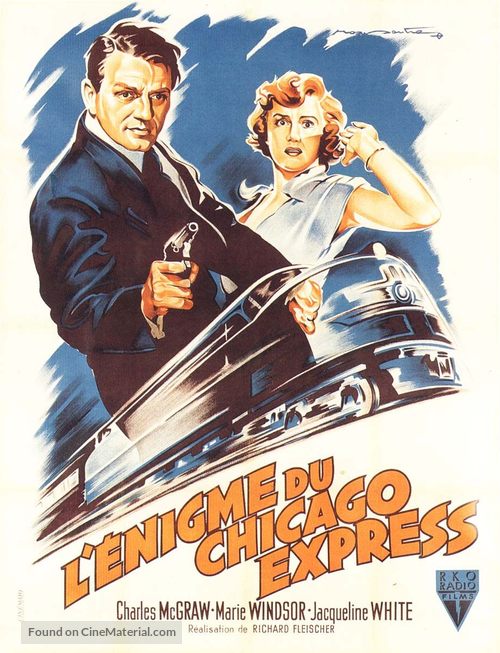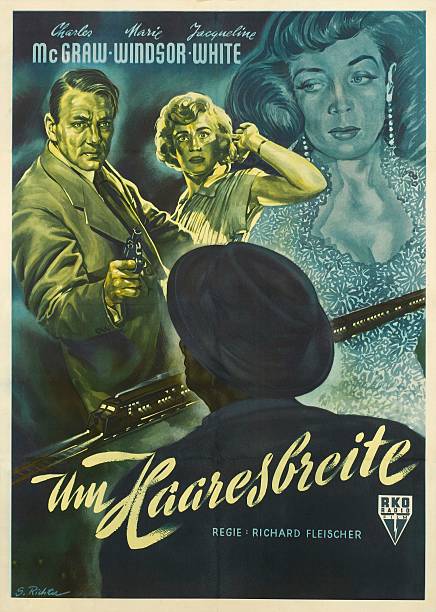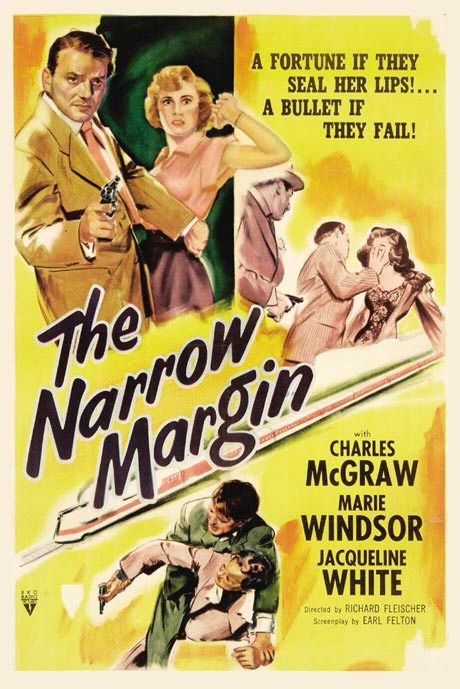Sunday 30 September 2018
Saturday 29 September 2018
Paul Buchanan on Hats by The Blue Nile...

Paul Buchanan on Scotland's favourite album, Hats
Marianne Taylor
The Herald
7 July 2018
WITHIN minutes of asking Herald readers to vote for their favourite Scottish album, a passionate and articulate debate began in homes, workplaces and pubs, on social media, across the land and beyond.
Right from the word go one particular record kept cropping up again and again, almost always accompanied by the sort of language - “achingly beautiful”, “sublime” “awe and adoration” - that highlights how deeply music can touch our lives.
The album I’m talking about, that eventually topped our poll once all the votes were counted, is Hats by The Blue Nile. It also happens to be my own all-time favourite, a collection of seven songs that has been with me forever, providing comfort, inspiration and a feeling of home.
Released in 1989, Hats didn't have a hit single, nor did it sell particularly well. Indeed, many will still not have heard of either the band or album. For others, however, including myself, the lush, soaring soundscape, the cinematic lyrics, becomes a part of them.
The Blue Nile’s Glaswegian frontman Paul Buchanan, who rarely gives interviews, can’t quite believe it when I tell him over the phone that the album he made with bandmates PJ Moore and Robert Bell three decades ago is the nation's favourite. Indeed, I can almost hear him blush.
“What a lovely, wonderful thing, I’m genuinely astonished,” he says. “I’d honestly never have thought Hats would have done this. It’s so gratifying and very humbling, especially since there are so many fantastic albums on the list. Scotland’s musical landscape is so fertile.
“At a personal level there’s something redemptive in knowing that so many people love Hats - after all, you have so many moments of doubt in your life. The important thing for us when we were making the record was to stay out of the way of the music, to let people react to it in their own way rather than us attaching our personalities to it, and I hope we achieved that.”
Formed in 1981 after the trio studied together at the University of Glasgow, The Blue Nile released their debut album A Walk Across the Rooftops – which also made it on the list and contains Tinseltown in the Rain – to critical acclaim in 1984. Using then-new electronic technology, the record was sparse and spare, but featured flourishes of exuberance and romance. It didn’t sell very much but was massively influential, gaining legion of ardent fans including the likes of Peter Gabriel.
For a litany of creative, professional and bureaucratic reasons that there is simply no room here to go into, the follow-up, Hats, didn’t arrive for another five years and thus the band's reputation for perfectionism - tapes were burned - and slow progress was born.

Did they feel the pressure to come up with something different, even better, after the critical success of the first album? Is that why Hats took so long?
“I suppose we did feel pressure,” explains Buchanan, who lives in the city's west end. “We weren’t prepared for anything beyond making the first album. We were young men and it just wasn’t in us to let anything go out that we didn’t completely believe in or mean.
“When you’re being pressurised to come up with stuff it’s the worst possible circumstances in which to actually make anything. There were all sorts of circumstances affecting things at the time – mostly record company stuff – and we couldn’t get into the studio to actually start recording. There was no point in trying to tell people about these extenuating circumstances so we just said nothing.
“I admire other groups who can block everything out and continue producing great things every year. But for us it was about holding on until we were feeling the thing in the moment. If you set out to make something ‘big’, it’s doomed. You have to just let it be.
“In musical terms we wanted to be as honest as possible to give the record a chance of credibility. This vote is such a great compliment, the ultimate reward, because it means you are credible to people whose credence is worth having.”
Indeed, honesty and integrity were also frequently used terms by those voted for Hats, alongside a feeling that the album offers a sense of completeness; there is love, longing and loss, but also resolution and even redemption in the songs. Where atmospheric opener Over The Hillside evokes the possibilities of the city and Let’s Go Out Tonight touches on the desperation of trying to keep love alive, Saturday Night elicits a more hopeful note to finish.
“It would be wrong to say we set out with any grand conception on Hats but as the record developed it took on a different landscape from A Walk Across the Rooftops, texturally and in terms of colour and what it was referencing,” explains 62-year-old Buchanan, whose last release was a solo album, Mid Air, in 2012.
“With no wish to determine whatever a listener hears in Hats, there was an approximate arc to it. It goes through chapters and in the fullness of our imagination it features songs that represented an hour-long story.”
For many fans, the record is simply inseparable from the city of its birth. In one of the songs, the exquisite piano and trumpet-led On a Midnight Train, a heartbroken Buchanan sings: “All the rainy pavements lead to you.” Indeed for me, so entwined is Hats with my home town, my experiences and memories, that Glasgow’s rainy pavements will always lead to Hats. But how directly did the city influence the album?
“It’s just in your blood, how could it not?” says the singer, who featured last year on the Jessie Ware track Last of the True Believers and contributed a stunning version of Ashes to Ashes at the 2016 David Bowie Prom. “Whatever happiness or sadness you’re feeling you project it on to the streets and buildings that are around you. Just before making Hats we had been to America and in some ways the sheer size of the that crept in. But I still hear lines from the songs and think of a street near where I live in Glasgow.
“When you’re writing, you’re trying to relate to images in your mind. At that point you couldn’t walk past BHS corner on Sauchiehall Street on a Friday or Saturday night without seeing people waiting nervously for their dates – it was lovely and I guess it found its way in there. In Glasgow we are as entitled to glamour and romanticism as anywhere else, right?"
The band toured the album in the early 1990s and it gained a cult following, not least among other musicians. Fellow Scot Annie Lennox covered The Downtown Lights, while American soul legend Isaac Hayes recorded Let’s Go Out Tonight.
In the 15 years that followed, The Blue Nile recorded two further albums, Peace at Last and High, but no music has been made under the name since 2004. Despite this, as our poll highlights Hats continues to grow in stature and affection, to be passed down the generations, to inspire young and old, partly because of the timeless sound and quality that made it such a stand out 30 years ago. Elbow’s Guy Garvey and Manchester band The 1975 are among the younger generation of musicians to talk of their love for the album.
Buchanan recalls a feeling of relief when Hats, the album so many consider to be the band's masterpiece, was completed.
“I was really tired and just glad it was finished,” he remembers. “You never leave anything thinking it’s completely done, you just stop. But I don’t think we ever left anything at an insincere moment. I liked how it sounded. But it’s not until you finish that you sit back and think ‘that’s a personal record’.
“When we put Hats out we had no point of reference, no manager, nothing like that. PJ [Moore] always used to say we were just gentlemen amateurs.
“I look back and those are the good times, when you are unselfconscious and just making music with your pals. After that it all got much more complicated. I’m so glad we had that period. The three of us managed to keep a line between the music and us as people, I think. The music was our better selves."
https://www.heraldscotland.com/arts_ents/16337979.paul-buchanan-on-scotlands-favourite-album-hats/
Friday 28 September 2018
Wednesday night's set lists at The Eagle and Child and The Habit, York

Men of the Ouseburn: Da Elderly entertains Terry with some filthy ribald humour
At The Eagle and Child
The Elderly Brothers: -
All I Have To Do Is Dream
Walk Right Back
He'll Have To Go
I Saw Her Standing There
Dead Flowers
We had a change of routine and started off at the Eagle & Child in High Petergate, sampling the food as well as the Leeds Pale. We anticipated getting no more than 4 songs and 'finished' with a rocker, only to be asked for another one!
At The Habit: -
Ron Elderly: -
Tell Me
I'll See You In My Dreams
Da Elderly: -
Harvest Moon
You've Got A Friend
The Elderly Brothers: -
No Reply
Sitting In The Park
You Really Got A Hold On Me
Another Saturday Night
It was a busy night for punters, not so for players and the list went round twice for those who fancied another song. There were some over-refreshed punters, a few of which were requested to keep the noise down at the front. The standard of players was excellent including some new to The Habit. A young singer/songwriter amused us with his songs about his ex's, notably one with a chorus which went "Thank goodness for late night shopping, I don't want to see your face for a while". Another lad played outstanding finger-style guitar on two Bill Withers songs - Ain't No Sunshine and Just The Two Of Us. After completing my set, regular Chris asked if I would accompany him - on Birds, Bring It On Home To Me and Only Love Can Break Your Heart. The Elderly Brothers finished the show and, having tipped off our host earlier in the evening to let me know when it reached midnight, I made the announcement that my buddy Ron had now achieved a significant birthday. The whole pub joined me in singing Happy Birthday - what a night!
You've Got A Friend
The Elderly Brothers: -
No Reply
Sitting In The Park
You Really Got A Hold On Me
Another Saturday Night
It was a busy night for punters, not so for players and the list went round twice for those who fancied another song. There were some over-refreshed punters, a few of which were requested to keep the noise down at the front. The standard of players was excellent including some new to The Habit. A young singer/songwriter amused us with his songs about his ex's, notably one with a chorus which went "Thank goodness for late night shopping, I don't want to see your face for a while". Another lad played outstanding finger-style guitar on two Bill Withers songs - Ain't No Sunshine and Just The Two Of Us. After completing my set, regular Chris asked if I would accompany him - on Birds, Bring It On Home To Me and Only Love Can Break Your Heart. The Elderly Brothers finished the show and, having tipped off our host earlier in the evening to let me know when it reached midnight, I made the announcement that my buddy Ron had now achieved a significant birthday. The whole pub joined me in singing Happy Birthday - what a night!
Thursday 27 September 2018
Wednesday 26 September 2018
Monday 24 September 2018
Sunday 23 September 2018
Bob Dylan: More Blood, More Tracks...
20 September 2018
Bob Dylan – More Blood, More Tracks – The Bootleg Series Vol. 14
to Be Released by Columbia Records/Legacy Recordings on Friday, November 2
Eagerly Anticipated New Chapter in Acclaimed Dylan Bootleg Series Unveils Previously Unreleased Studio Performances from 1974’s Mythic Blood on the TracksSessions
Single Disc / 2LP Edition Showcases Revelatory Alternate NYC Versions of All 10 Songs from the Original Album + Unreleased Take of “Up to Me”
6CD Limited Edition Deluxe Set Presents the Complete New York City Recording Sessions + the Five Existing Minneapolis/Sound 80 Recordings in Chronological Order
Columbia Records and Legacy Recordings, the catalog division of Sony Music Entertainment, will release Bob Dylan – More Blood, More Tracks – The Bootleg Series Vol. 14 on Friday, November 2.
The latest chapter in Columbia/Legacy’s highly acclaimed Bob Dylan Bootleg Series makes available the pivotal studio recordings made by Bob Dylan during six extraordinary sessions in 1974—four in New York (September 16, 17, 18, 19) and two in Minneapolis (December 27, 30)—that resulted in the artist’s 1975 masterpiece, Blood on the Tracks. One of the top-selling albums of Dylan’s career, Blood on the Tracksredefined the boundaries and structures of modern pop songwriting (a genre Dylan had virtually invented a decade prior), reached #1 on the Billboard 200, achieved RIAA 2x Platinum status and was inducted into the Grammy Hall of Fame in 2015.
Blood on the Tracks was originally recorded during four days in New York City in September, 1974. Soon thereafter, the album was mastered and review copies began to circulate. A few months later, Dylan felt the album needed a different approach and rerecorded five of the tracks at Minneapolis Sound 80 Studios beginning in late December of that year. While a few of the outtakes from the original New York sessions have been highly prized by bootleggers and collectors, most of these recordings have never been available in any format.
The single disc / 2LP configuration of More Blood, More Tracks assembles 10 of the most emotionally resonant alternate takes of each of the 10 songs appearing the original Blood on the Tracks plus a previously unreleased version of “Up to Me.”
The 6CD full-length deluxe version of Bob Dylan – More Blood, More Tracks – The Bootleg Series Vol. 14 includes the complete New York sessions in chronological order including outtakes, false starts and studio banter. The album’s producers have worked from best sources available, in most cases utilizing the original multi-track session tapes.
The only recordings remaining from the Minneapolis Sound 80 sessions are the multi-track masters of the five performances included on the finished Blood on the Tracksalbum. Each of these has been remixed and remastered for the deluxe edition of More Blood, More Tracks.
In his liner notes for More Blood, More Tracks, Jeff Slate observes that, “Dylan cut each of these amazing performances – some of the best he ever committed to tape – one after the other, live in the studio, without headphones, and without the types of overdubs that most performers rely on to make their records sound finished. Instead, on these tracks, we find Dylan – just a singer with a guitar and a harmonica and a batch of great songs – delivering performances that thrill you when they’re supposed to and break your heart when they need to…. The performances are also in the purest state we’ve ever experienced them. During the production of Blood on the Tracks, Dylan asked [producer Phil] Ramone to speed up many of the masters by 2-3%, a common practice in the 1960s and ’70s, especially for records sent to AM radio. It was thought that doing so would give the songs a little extra bounce to better engage listeners. Most of the songs from the New York sessions that previously circulated, officially and unofficially, are the sped-up versions that Dylan requested. On More Blood, More Tracks, for the first time, we’re hearing the songs exactly as Dylan recorded them.”
Bob Dylan – More Blood, More Tracks – The Bootleg Series Vol. 14 will be available in a single disc (or 2LP) configuration showcasing 11 essential tracks from the New York A&R Studio sessions.
Two previous volumes in Columbia/Legacy’s Bob Dylan Bootleg Series have taken home the Best Historical Album Grammy Award for its respective eligibility year: Bob Dylan – The Cutting Edge 1965-1966, The Bootleg Series Vol. 12 in 2017 and Bob Dylan – The Basement Tapes Complete, The Bootleg Series Vol. 11 in 2016.
The deluxe box set is a limited edition. After it sells out, no additional copies will be made. This set includes a hardcover photo book featuring liner notes by rock historian Jeff Slate and a complete reproduction of one of Dylan’s legendary handwritten 57 page notebooks, where you can follow the lyrical development of the songs that would eventually comprise Blood on the Tracks.
http://www.bobdylan.com/news/more-blood-more-tracks-the-bootleg-series-vol-14-to-be-released-on-november-2/
https://bobdylan.lnk.to/mbmt-strm!bdws
https://bobdylan.lnk.to/mbmt-strm!bdws
Shitty title, though...
Friday 21 September 2018
Wednesday night's set lists at The Habit, York
Da Elderly in action - though not at The Habit...
Need Your Love So Bad
Lola
Lola
Da Elderly: -
Midnight On The Bay
Long May You Run
The Elderly Brothers: -
Sea Of Heartbreak
Chains
Things We Said Today
Proud Mary
I Saw Her Standing There
A slow start turned busier later at The Habit open mic. There were a few new players including a young chap who gave us a fine reading of John Martyn's May You Never. I indulged myself with two songs from the 1976 album by The Stills-Young Band. We had two requests for our closing set: one from our host, for Don Gibson's Sea Of Heartbreak and one from a lass in the audience for "some Beatles please". We threw in Proud Mary just for fun.
Thursday 20 September 2018
Wednesday 19 September 2018
Carry On Dying...
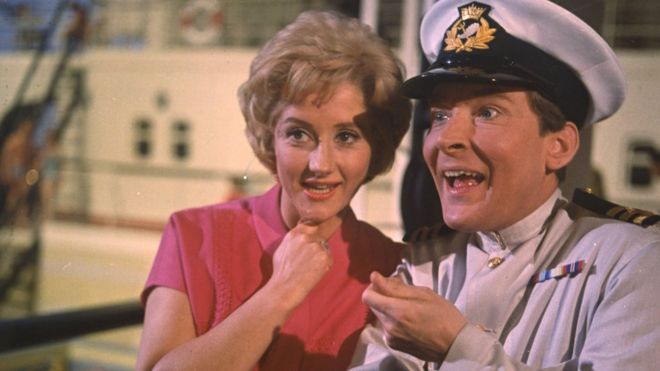
Liz Fraser: Carry On actress dies at 88
7 September 2018
Actress Liz Fraser, best known for her roles in the Carry On films, has died at the age of 88.
Fraser died on Thursday at London's Brompton hospital as a result of complications following an operation, her agent told BBC News.
Fraser often played one of the Carry On franchise's stereotypical "busty blonde" characters.
Director Michael Armstrong paid tribute, describing her as "one of the greatest comedic actresses of her era".
He wrote: "Her legacy of work will serve as a masterclass for future generations. RIP, dearest Liz. X."
Fraser featured in Carry On films including Carry On Cruising, Carry On Regardless and Carry On Cabby.
She was dropped from the films after reportedly criticising the way in which they were being marketed. But 12 years later, she returned in 1975's Carry On Behind.
The actress later went on to appear in many more films and TV shows and her cousin Lesley Fernandez-Armesto told BBC News she had been working until last year.
Aaron Brown, editor of the British Comedy Guide, said: "Liz was a fabulous comic talent who played the dolly bird support to leading men... but shone in her own regard and, through, dozens of roles, entertained and brought laughter to millions across the last seven decades."
Fraser, whose real name was Elizabeth Joan Winch, grew up in Southwark, south London, and made her film debut in 1955's Touch and Go. It was followed by a role in 1957's The Smallest Show on Earth alongside Peter Sellers.
Her first major film role was in 1959's I'm All Right Jack, playing Sellers' daughter, a role for which she received a Bafta nomination for most promising newcomer.
She acted alongside Sellers again a year later, playing his girlfriend in Two Way Stretch.
Her other film credits included The Bulldog Breed, Double Bunk, The Painted Smile, The Americanization of Emily and The Family Way.
In the 1970s, she appeared in titillating comedies like Adventures of a Taxi Driver and Confessions of a Driving Instructor.
Fraser also had TV comedy roles in Hancock's Half Hour, Dad's Army and The Benny Hill Show, and appeared in straight dramas such as The Avengers and The Professionals.
Fraser was married twice, first to salesman Peter Yonwin and later to TV director Bill Hitchcock, who died in 1974. She had no children.
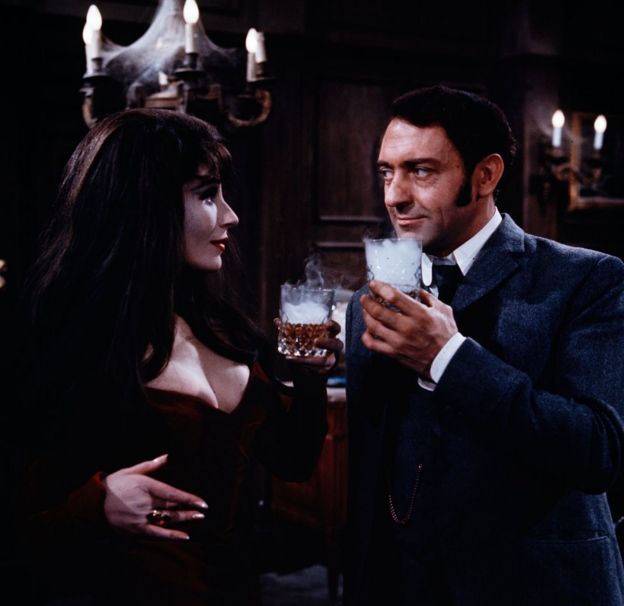
11 September 2018
Actress Fenella Fielding has died at the age of 90 after suffering a stroke.
She was a serious actress remembered for a single, stand-out comic performance.
Fenella Fielding survived a violent upbringing to play Ibsen, Shakespeare and Euripides on stage. As an artist, her sheer versatility captivated both Federico Fellini and Noel Coward. This was a woman of wit and wisdom who kept a copy of Plato beside the bed.
But, for millions, that serious side is long forgotten. Instead, she will forever be Valeria: the camp vamp star of Carry On Screaming - draped on a divan in a skin-tight dress; her voice oozing with sex appeal and sporting eyelashes like upturned claws.
She turned down all future Carry On work but the die was cast. In the public mind, she was the quintessential Sixties femme fatale, delivering double entendres with lashings of false innocence. And sadly, as a performer, her career slowly drifted into obscurity almost as soon as she uttered her most immortal line.
Fenella Marion Feldman was born in Hackney in 1927 - the youngest child of a Romanian mother and a Lithuanian father. The relationship with her parents was never easy, often strained and occasionally violent.
As a toddler, she seemed to speak in gibberish. Her mother and father worried she was failing to develop normal language skills until they chanced upon her in animated conversation with a doll. "I suppose," she later wrote, "I just didn't want to speak to my parents."
The young Fenella harboured a burning desire to perform. She took ballet lessons and gave her youthful talent for comedy free rein in the annual end of year show - once memorably cavorting around the stage to the tune of Nobody Loves A Fairy When She's Forty.
Other mums and dads, she bitterly noted, showered their children with fresh flowers after each performance; her own parents merely offered up the same basket of artificial blooms, year after year. It was hard not to take it to heart.
As she entered her teens, life at home became darker. Her father - who could be charming in public - was a "street angel, house devil", she recalled who "used to knock me about with his fists".
To make matters worse, her mother would actually "egg him on". She thought the violence would pass, but it didn't - at least until she threatened to go to the police.
She left school at 16 and spent a year at St Martin's School of Art. Her parents were appalled that she might see naked men - or even worse, naked women - in class, which was bound to result in pregnancy and drug addiction. There were rows every morning. Eventually, they forced her to leave.
Still wanting to act, Fielding would hang around stage doors in the West End in the hope of brushing against Alec Guinness or Laurence Olivier. She won a two-year scholarship to the Royal Academy of Dramatic Art - which pleased her mother and father greatly until it dawned on them she might actually become an actress.
Her mother began turning up at RADA at lunchtime, making a scene and insisting Fielding leave. "Really, darling", she would say, "these common people!" After a while, the school quietly withdrew her funding.
She considered going to university but her father told her he'd "rather see her dead at his feet." Instead, she was dispatched to learn shorthand and typing. She found it soul destroying.
In misery, Fielding downed 70 aspirin in a suicide attempt but changed her mind at the last minute. She swallowed pints of mustard water to induce vomiting after calling an all-night Boots to ask how to reverse the effects.
Beautiful butterfly of comedy
Fleeing home, she found digs in Mayfair run by friendly prostitutes. In 1952, she appeared in an amateur production at the London School of Economics alongside Ron Moody - then a mature student - who later found fame as Fagin, in the film version of Oliver!
Moody supported her ambition to become an actress, persuading her not to pack it in and train as a manicurist. She changed her name from Feldman to Fielding, pretended to be seven years younger in order to compensate for her late start in show business and began appearing in comedy revues.
By the end of the 1950s, she had made a name for herself in the musical Valmouth. It was quirky and, for the time, rather lurid - but Fielding's rave reviews led to an awkward reconciliation with her parents. Her mother turned up at the Lyric Theatre bearing a peace offering of sorts: a whole, fried chicken.
Next was Pieces of Eight, a live comedy revue written by the unlikely pairing of Peter Cook and Harold Pinter. Starring alongside her was Kenneth Williams - already firmly established as a household name - who quickly proved to harbour a brittle ego under the thinnest of skins.
When one review called Fielding a "beautiful butterfly of comedy", he exploded. Encouraging her to ad lib, he ruthlessly stole her best lines. He became threatening and bluntly warned her not to steal his limelight.
When Fielding extemporised the end of one sketch with the line "the last one dead's a sissy", there were hysterics. Williams went white and shrieked that she'd "called me a homosexual in front of the whole audience". "It was awful," she later recalled. "I'd never been so frightened in all my life."
Worse was to come as she branched out into film and television. In 1959, she appeared in Follow A Star alongside Norman Wisdom - who she came to loathe. "Not a very pleasant man," she later said. "Hand up your skirt first thing in the morning. Not exactly a lovely way to start a day's filming."
Socially, the 1960s could not have been more glamorous. Vidal Sassoon, personally, did her hair and the bohemian journalist Jeffrey Bernard took her on riotous club nights. She would sit and talk long into the night with the flamboyant artist Francis Bacon and the rest of that decade's rakish beau monde.
Professionally, there were small parts on television in The Avengers, with Patrick Macnee, and regular appearances on the cutting-edge satire, That Was The Week That Was. Her film appearances included working alongside Dirk Bogarde in Doctor in Love and Tony Curtis in Arrivederci, Baby!
On stage, she pursued her love for her first love, drama. The Times newspaper described her performance as Hedda Gabler as "one of the experiences of a lifetime".
The great Italian film director Federico Fellini took her to Claridge's and offered to make a film where she starred as six or seven different incarnations of male desire. Unfortunately, she was already booked to do a season on stage in Chichester so she turned him down - to the great disappointment of her agent.
Camp vamp
Then came the role which made her a legend. Carry On Screaming reunited Fielding with with her old nemesis, Kenneth Williams. The filming took three weeks, made her hugely famous and - in many respects - her career never recovered.
She played Valeria - a thinly disguised Morticia Addams - with every ounce of camp vamp she could muster. Her wig was huge, her eyelashes incredible and her red dress was so tight she was completely unable to bend in the middle. Every scene was done in a single take and, of course, she is remembered for just one.
Reclining on a chaise longue, Fielding entices Harry H Corbett towards her. The eyes flutter and the voice purrs. "Do you mind if I smoke?" she inquires seductively - before vast quantities of dry ice envelope them both.
Half a century later, children would still shout that line at her in the street. She politely declined all invitations to appear in future Carry On films - including Carry On Cabby - partly in an attempt to avoid being typecast by the success of the first. But, for the rest of her life, she struggled to escape Valeria.
The offers dried up and her on-screen career quietly slid away. She did Morecambe & Wise Christmas specials and some voice work for both the cult hit series, The Prisoner, and a Magic Roundabout project - Dougal and The Blue Cat. But she didn't make another film for almost 15 years.
Fielding was rarely completely out of work. She continued on stage - with a string of well-reviewed provincial shows - in which she didn't have to play "either a Lady or a Tart". But, eventually, she struggled for money and was forced to go to the social security office to claim benefits - an experience she found demeaning.
She never married, despite a string of interested male admirers. One possible future husband died, another couldn't get over his alcoholism and had to be abandoned. For 20 years, she maintained two separate lovers and managed to prevent them ever meeting. "I loved them both," she wrote but decided on "never committing; never having a marriage that could have gone awful".
Politically, she was on the left - despising Margaret Thatcher in the 1980s and refusing to help her older brother Bas when he stood for election under the Conservative banner. But they remained close and she was proud of him when, without her help, he became an important figure in the party and eventually entered the House of Lords.
Latterly, there was work with Rik Mayall and Adrian Edmondson in Guest House Paradiso and a role as an eccentric granny in the gritty teenage drama, Skins. But, for Fenella Fielding, her best work always took place on stage. At the age of nearly 90, the Financial Times described her performance in Euripides' The Trojan Women as "unbearably moving... at the extreme limits of pathos".
For most of the rest of us, however, she is preserved in memory as the camp vamp of Carry On legend. She will forever be "England's First Lady of the double entendre" with a velvety voice and silvery twinkle in her eye.
She was resigned to that professional fate. The autobiography she published in 2017 - inevitably entitled "Do You Mind If I Smoke?" - has little shred of bitterness or regret.
The only thing that rankled was when she met fellow actors - and there were many - who'd been asked to do adverts with a "Fenella Fielding-like" voice.
"Bloody cheek," she would say with perfect comic timing. "Why didn't they ask me?"
Tuesday 18 September 2018
The Larrikin: Clive James in conversation with Mary Beard...

Watch it now: https://www.bbc.co.uk/iplayer/episode/p06ksb1y/front-row-late-series-3-clive-james-in-conversation-with-mary-beard - only available for 26 days, so hurry!
Mary Beard:
I learned a new word this week: larrikin. It is Oz-English for a rebellious, boisterous wide-boy. And it is how Clive James (who has a new poetry book out just now, The River in the Sky) describes himself.
I got to find this out because I went round to his house in Cambridge last week to interview him (about the book and himself etc) for the new series of Front Row Late, which started yesterday evening. As I guess almost every reading this blog will know, Clive has been facing down death for many years now (his leukaemia kept in check by wondrous 21st century pharmaceuticals) . . . and in the meantime he has been powering out poetry. This last book is that (now) rare thing, a mini epic in 120 pages, in which he reflects on memory and mortality, family and fun.
Monday 17 September 2018
Lawrence Osborne on writing Philip Marlowe in Only to Sleep...

CBC Radio
14 September 2018
Novelist and journalist Lawrence Osborne writes as adventurously as he lives. Born in England, he's spent time in Mexico, Greece, Italy, France, Morocco, Cambodia and Thailand, and draws on his experience of diverse locations to create rich, vivid settings in his work.
For his latest book, Only to Sleep, Osborne was invited by the Raymond Chandler estate to write a new novel featuring Philip Marlowe, Chandler's enduring private detective. In a unique twist, Osborne sets his story in Mexico, luring an aging Marlowe out of a comfortable retirement for one more investigation.
Osborne's novels often feature European expatriates facing dramatic events in far-flung places — the Moroccan desert in The Forgiven, China's Macau peninsula in The Ballad of a Small Playerand the Greek island of Hydra in Beautiful Animals. His nonfiction includes Paris Dreambook and The Wet and the Dry, a memoir about bar-hopping through the Islamic world.
Osborne spoke with Eleanor Wachtel from his home in Bangkok.
Your mission, should you choose to accept it...
"My first instinct was to not write a Philip Marlowe story. I didn't really want to. This whole idea of a franchise, to me, is something like James Bond. But I thought to myself that if I could make him old and set it in the Mexico where I had lived in 1990, I could do it. That way, it wasn't just a pastiche based on research or what other people had already done — I could draw from my own experience.
"It was a flattering yet dangerous proposition, one where the diehard Chandler fans will sneer at you for not being up to the standards of the master. I don't want to compete with Raymond Chandler. I don't want to compete with other Marlowe writers, like John Banville or Robert B. Parker. With Only to SIeep, I wanted to write my own book. If I had not been able to find my own voice in this, I would not have accepted it."
Novelist and journalist Lawrence Osborne writes as adventurously as he lives. Born in England, he's spent time in Mexico, Greece, Italy, France, Morocco, Cambodia and Thailand, and draws on his experience of diverse locations to create rich, vivid settings in his work.
For his latest book, Only to Sleep, Osborne was invited by the Raymond Chandler estate to write a new novel featuring Philip Marlowe, Chandler's enduring private detective. In a unique twist, Osborne sets his story in Mexico, luring an aging Marlowe out of a comfortable retirement for one more investigation.
Osborne's novels often feature European expatriates facing dramatic events in far-flung places — the Moroccan desert in The Forgiven, China's Macau peninsula in The Ballad of a Small Playerand the Greek island of Hydra in Beautiful Animals. His nonfiction includes Paris Dreambook and The Wet and the Dry, a memoir about bar-hopping through the Islamic world.
Osborne spoke with Eleanor Wachtel from his home in Bangkok.
Your mission, should you choose to accept it...
"My first instinct was to not write a Philip Marlowe story. I didn't really want to. This whole idea of a franchise, to me, is something like James Bond. But I thought to myself that if I could make him old and set it in the Mexico where I had lived in 1990, I could do it. That way, it wasn't just a pastiche based on research or what other people had already done — I could draw from my own experience.
"It was a flattering yet dangerous proposition, one where the diehard Chandler fans will sneer at you for not being up to the standards of the master. I don't want to compete with Raymond Chandler. I don't want to compete with other Marlowe writers, like John Banville or Robert B. Parker. With Only to SIeep, I wanted to write my own book. If I had not been able to find my own voice in this, I would not have accepted it."
Chivalry, dead or alive
"There's a medieval, romantic aspect to Marlowe, which I think is what Chandler intended. It's such an anachronism in the culture that we have now. It's maybe even an aspect of outmoded masculinity, which is maybe not outmoded at all, but it's certainly part of a masculinity that no longer has credibility today.
"Masculinity it may be, but it's also gentle and generous in spirit. It's a point to consider whether such virtues are more durable than we like to think, or whether they survive more than we think and are felt by more people than we realize. I think, actually, that it is a kind of eternal aspect of the male character."
An evocative sense of place
"I think we grow out of the landscapes we grew up in. It was D. H. Lawrence who coined the phrase 'the spirit of place' and I was a great devotee of Lawrence when I was a kid. It was Lawrence who famously arrived in a place and immediately started writing about it, even though he'd never been there before. His idea was that place itself has a kind of mystical electricity, one that you can feel in the animal sense, and you can even describe it.
"Place is a completely enigmatic thing. It's not something necessarily cultural; it's more than that. Landscapes have a kind of energy and a kind of character that is definitely distinct. For example, I go to Mongolia every year because I love archery. There's something about the spirit of place there in the Gobi desert that refreshes me in some way."
Sunday 16 September 2018
Saturday 15 September 2018
Dead Poets Society #86 Antonio Machado: The Wind, One Brilliant Day
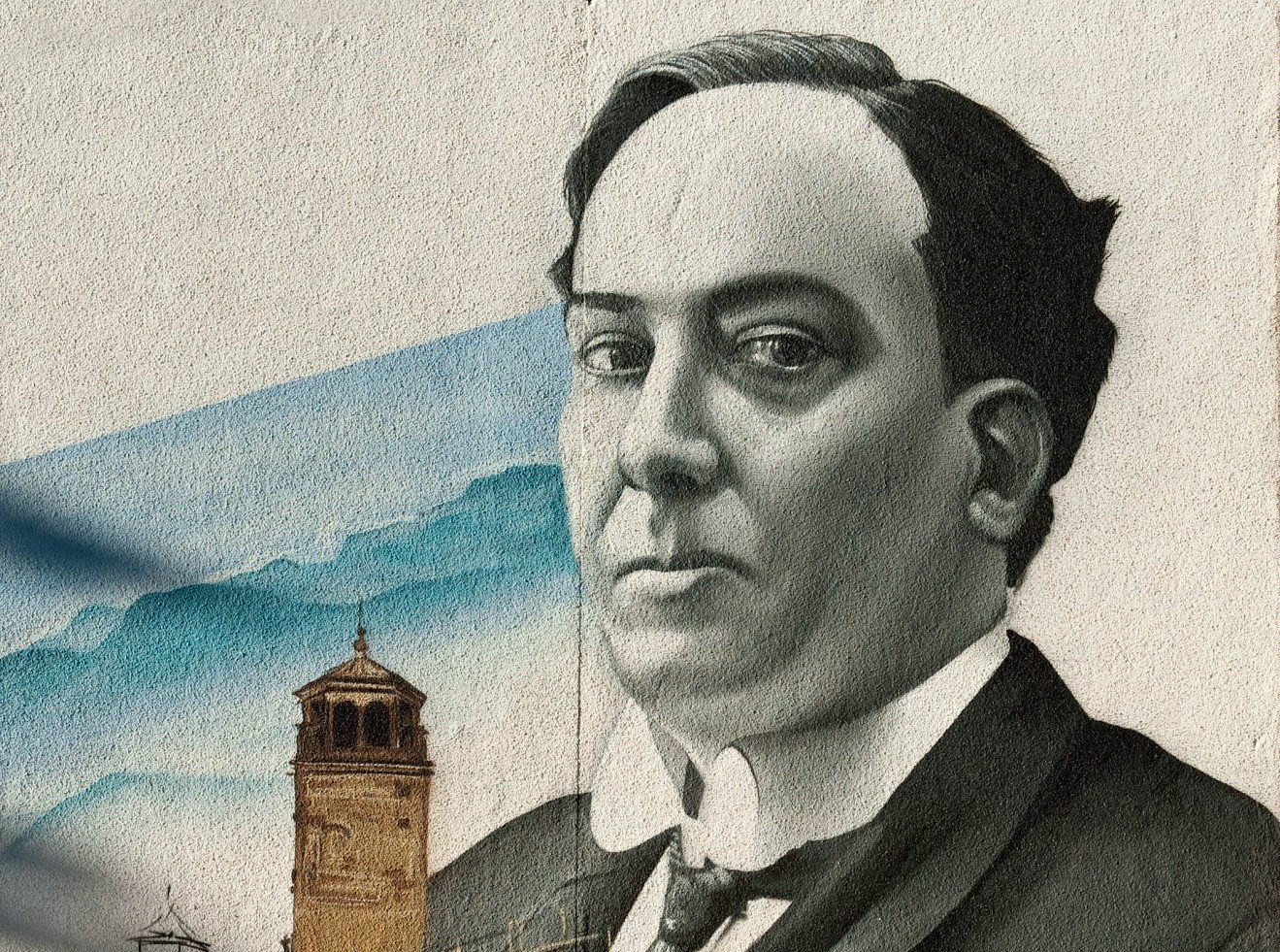
The Wind, One Brilliant Day by Antonio Machado
The wind, one brilliant day, called
to my soul with an odor of jasmine.
'In return for the odor of my jasmine,
I'd like all the odor of your roses.'
'I have no roses; all the flowers
in my garden are dead.'
'Well then, I'll take the withered petals
and the yellow leaves and the waters of the fountain.'
the wind left. And I wept. And I said to myself:
'What have you done with the garden that was entrusted to you?'
Friday 14 September 2018
Wednesday night's set lists at The Habit, York
Da Elderly discussing the possibility of adding Rat in the Kitchen to his set with a man who could tell him a thing or two
Ron Elderly: -
Yesterday
The Air That I Breathe
Da Elderly: -
Love Song
You've Got A Friend
The Elderly Brothers: -
All I Have To Do Is Dream
When Will I Be Loved
Walk Right Back
When I Saw Her Standing There
Busy at times, quiet at times......one of those nights at The Habit open mic. Ron's planned set list was scuppered when our host kicked off with Jealous Guy and 3rd act on, regular Chris, sang Dock Of The Bay! We were entertained by a new chap sporting a great-sounding ukulele, particularly on Labi Siffre's It Must Be Love. The Elderlys finished off the show proper and the after-show jam had folks singing along for another hour or so.
Yesterday
The Air That I Breathe
Da Elderly: -
Love Song
You've Got A Friend
The Elderly Brothers: -
All I Have To Do Is Dream
When Will I Be Loved
Walk Right Back
When I Saw Her Standing There
Busy at times, quiet at times......one of those nights at The Habit open mic. Ron's planned set list was scuppered when our host kicked off with Jealous Guy and 3rd act on, regular Chris, sang Dock Of The Bay! We were entertained by a new chap sporting a great-sounding ukulele, particularly on Labi Siffre's It Must Be Love. The Elderlys finished off the show proper and the after-show jam had folks singing along for another hour or so.
Thursday 13 September 2018
Subscribe to:
Posts (Atom)
